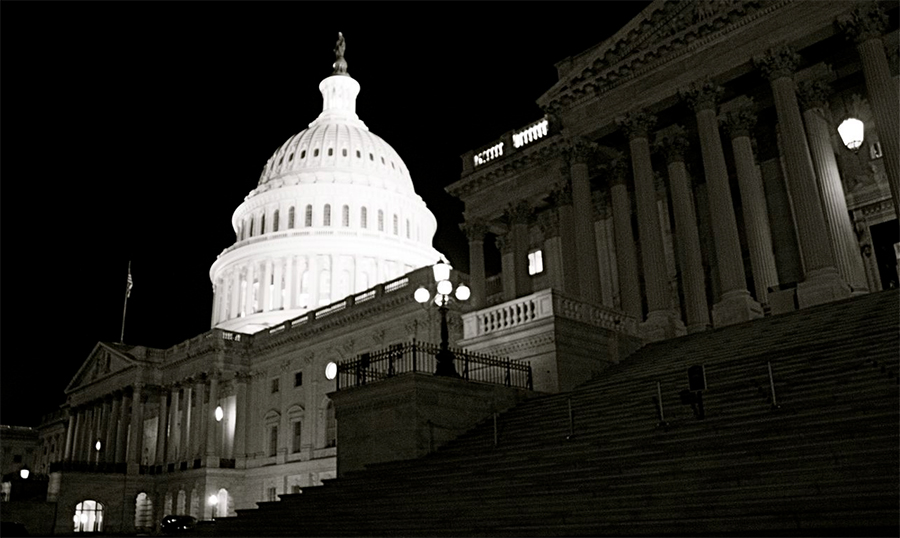Nearly two years after AT&T was hit with a $105 million settlement over bill-cramming — the practice of letting third parties place questionable or false charges on customers’ phone bills — the Federal Communications Commission says the company has agreed to pay another $7.5 million to close the book on additional cramming accusations involving a bogus directory assistance service. [More]
fcc
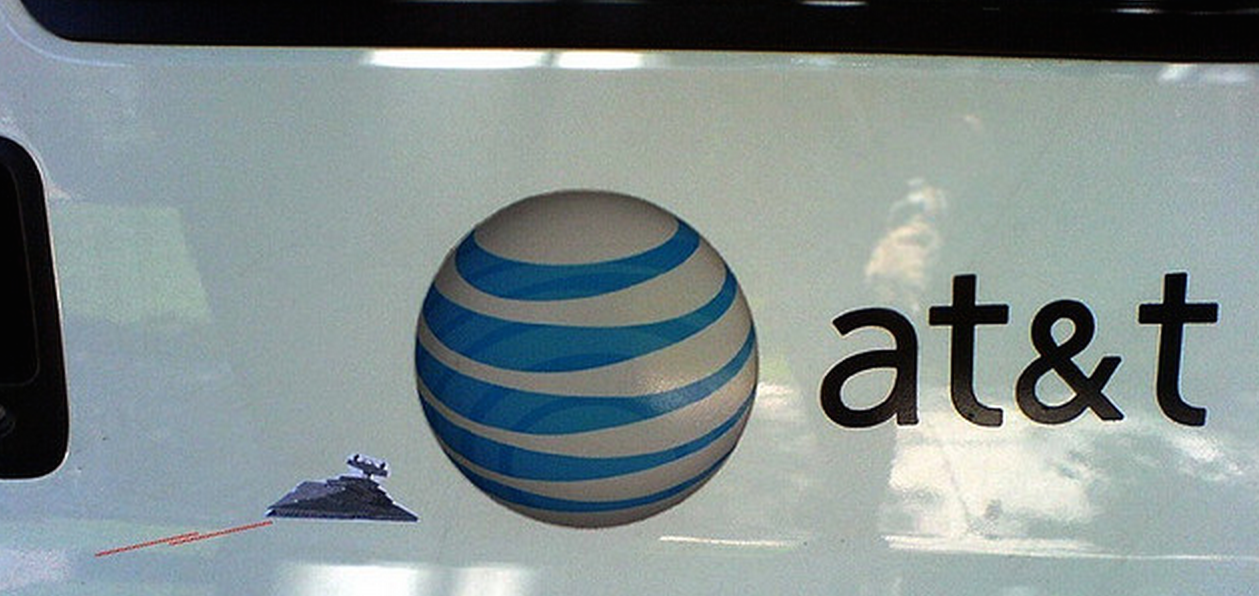
AT&T Penalized $7.75 Million For Allowing Scammers To Charge Bogus “Directory Assistance Service” Fees

FCC Adjusts, But Still Can’t Implement, Caps On Sky-High Rates Prisoners Pay To Call Home
We’re used to saying that someone is a “captive audience” for a major monopoly, but for the millions of Americans living behind bars, that phrase becomes painfully literal. Phone companies that connect inmates to their loved ones on the outside have for years taken advantage of their position with sky-high rates and fees, but the FCC is once again stepping in to help mitigate the problem. [More]
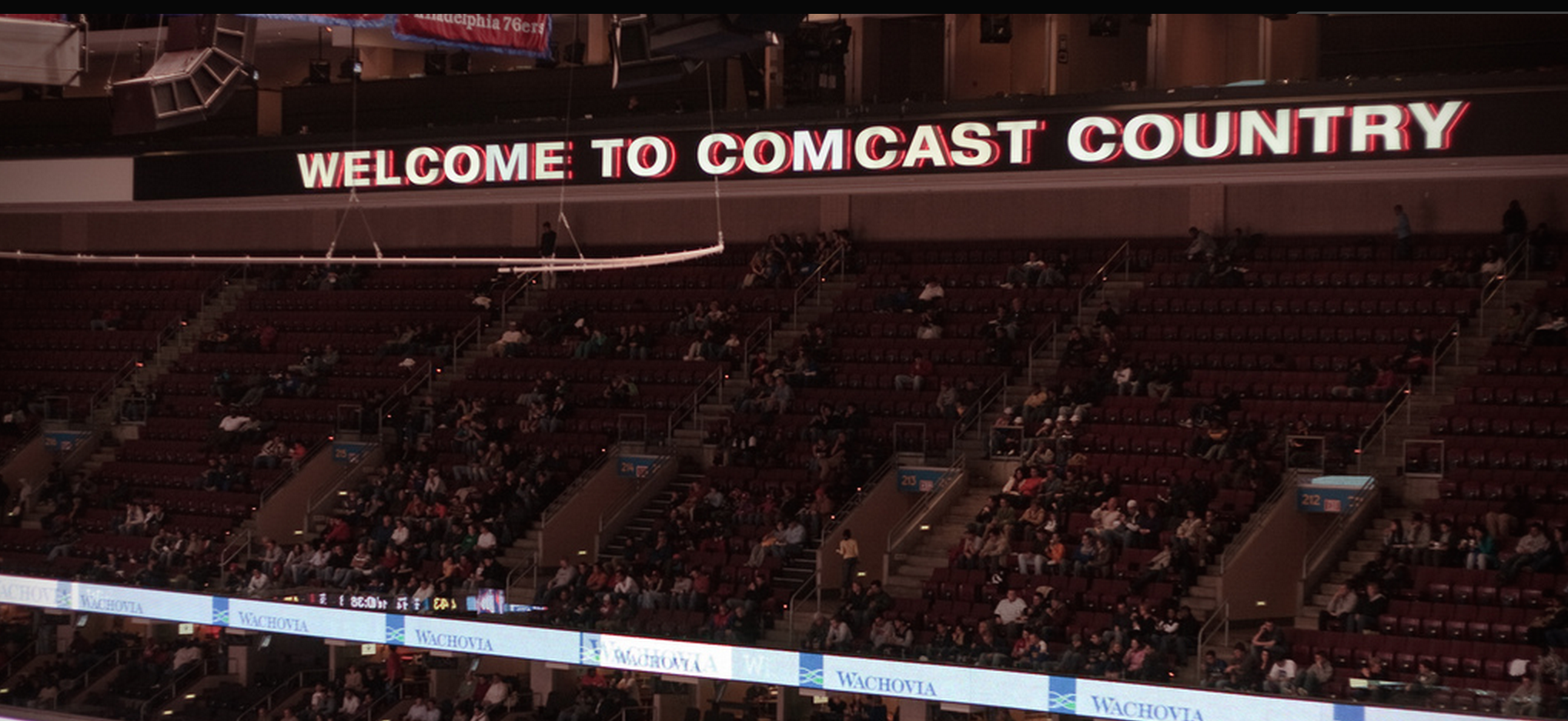
Comcast: Consumers Are Harmed If We Don’t Get To Charge Extra For Privacy
Internet service providers like making money. They don’t like regulations that prevent them from any avenues that could make them money. And they will argue basically anything they can think of to help prevent those regulations from happening. Like, for example, suggesting that you, the consumer, will actively suffer harm if Comcast and others aren’t allowed to charge you extra for keeping your data to yourself. [More]
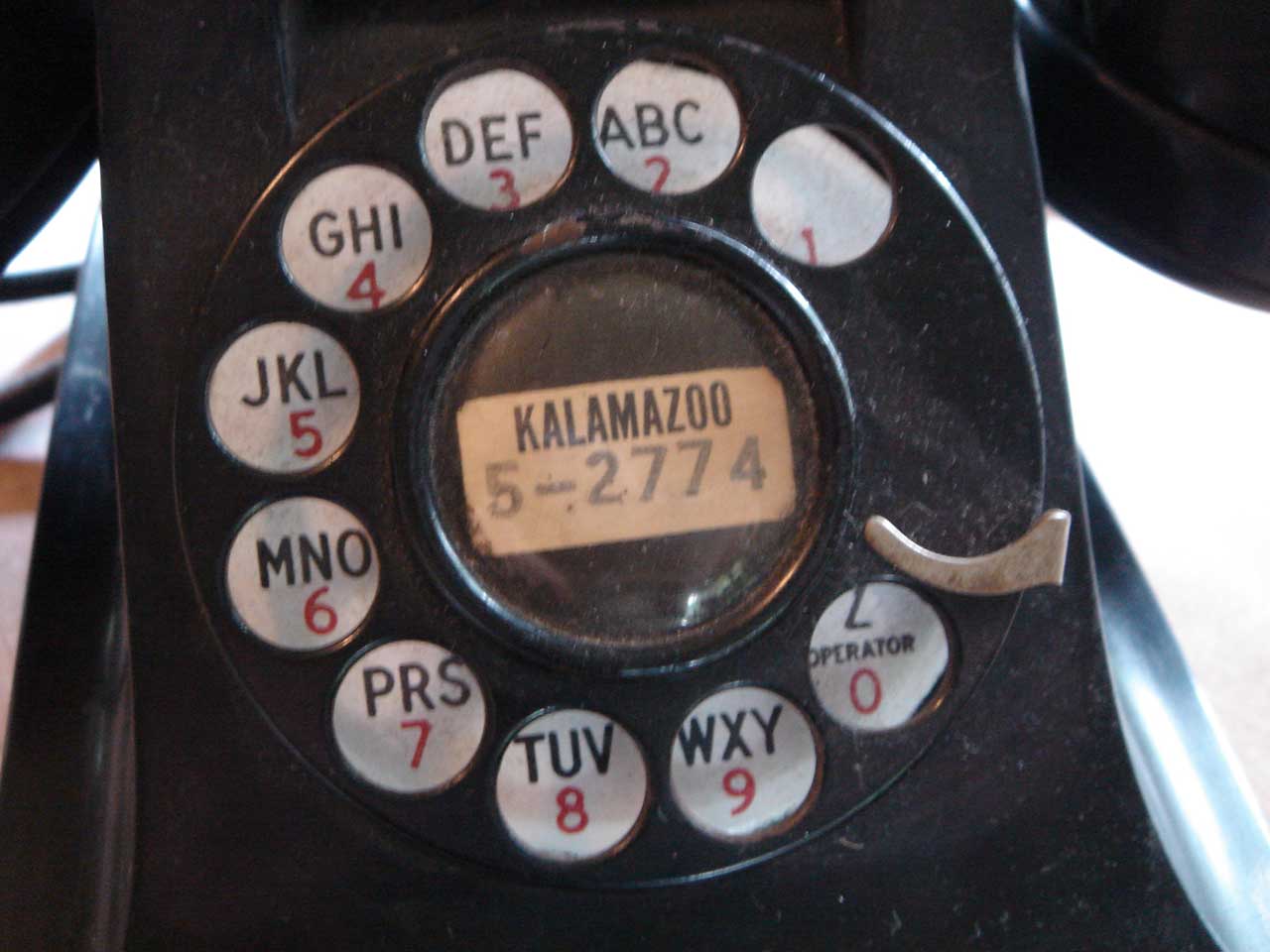
FCC Wants To Fine Pair Of Idiots $25K Each For Faking Caller ID Of Prison, School To Harass Ex-Wife
Spoofing — the practice of sending out fake caller ID information to disguise the caller’s real identity — is legal, so long as it’s not done to deceive or harm anyone. Reporters, victims of domestic abuse, human rights organizations, all legally use spoofing to protect their locations or sources. This sort of trickery is definitely not allowed when it’s deployed just to make harassing phone calls to your ex. [More]

Cable, Wireless Industries Try Yet Again To Take Net Neutrality To Court
We have had had net neutrality as the law of the land for over a year now. Lawsuits immediately followed its implementation, of course, but the appeals court took the FCC’s side. So if you’re industry and you’re still ticked off, what’s left? Ask for a do-over… if you can get one. [More]

FCC Wants AT&T To Pay $170,000 For Overcharging Florida Schools
Commercial-grade phone service is expensive, so there’s a program that helps schools afford it. There are rules about what phone companies, like AT&T, can and can’t charge the schools that apply through that program. And the FCC now says that not only did AT&T not follow those rules, but also it charged two school districts the highest rates in the entire state to keep their phone lines connected. [More]
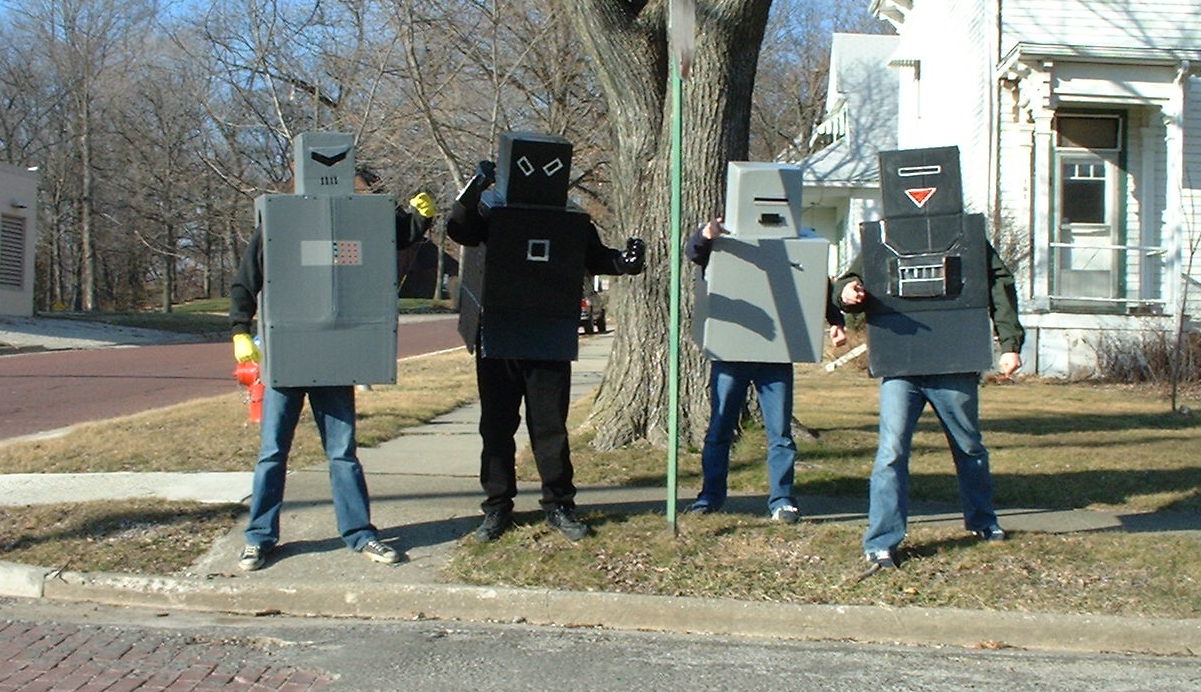
Petition Calls On FCC To Rethink Ruling Giving All Govt. Contractors Green Light To Make Robocalls
Earlier this month, the FCC released a controversial ruling, concluding that the law allowed the federal government — and all contractors working for the government — to place prerecorded/auto-dialed robocalls to consumers, so long as the calls are made for official government business. Today, a number of consumer advocates have officially petitioned the FCC to rethink its position and close this loophole. [More]
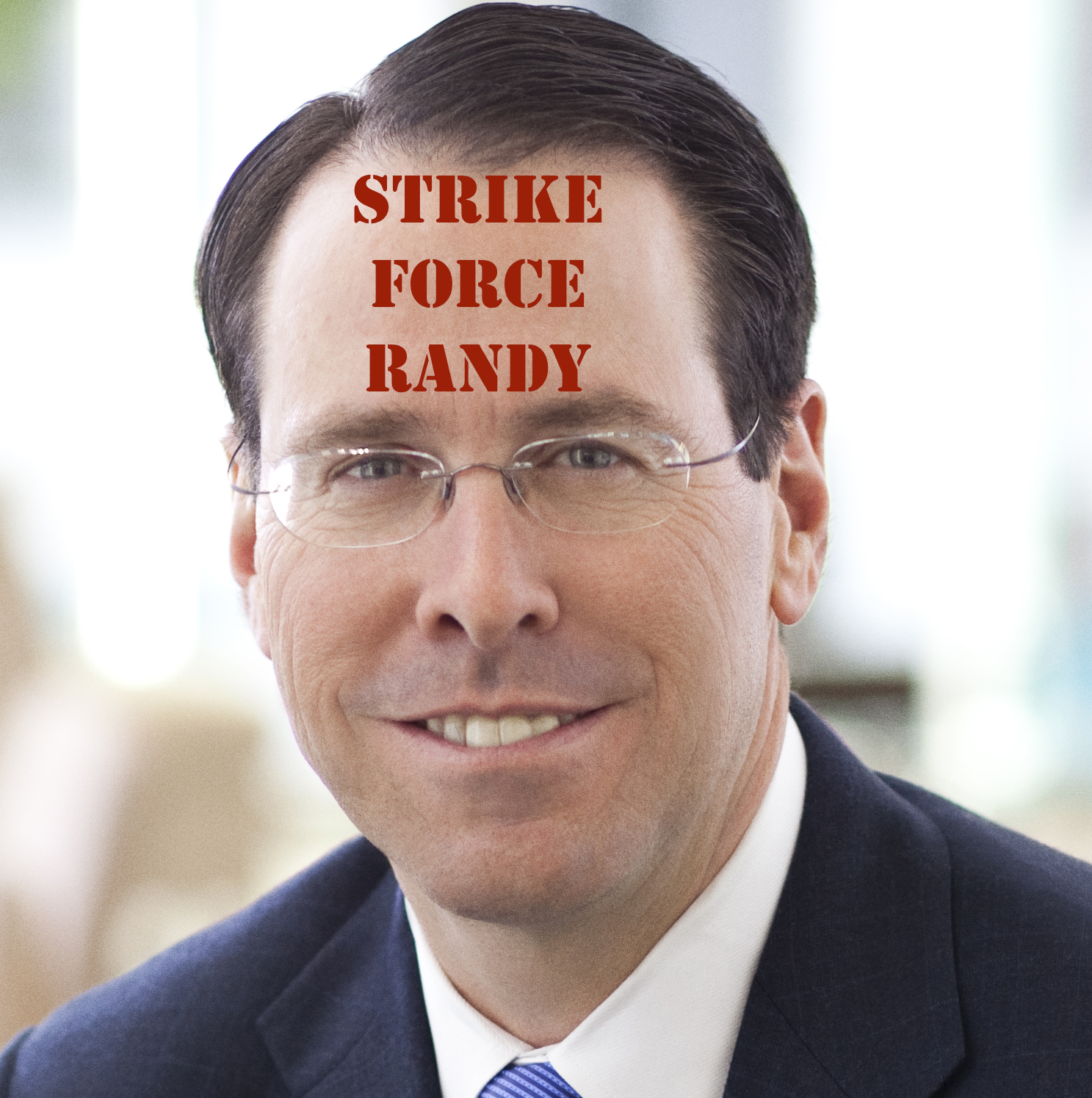
AT&T CEO Says He Will Head Up Anti-Robocall “Strike Force”
In response to FCC Chair Tom Wheeler’s call for all major phone companies to finally put free robocall-blocking tools in the hands of their customers, AT&T CEO Randall Stephenson — who recently incorrectly blamed the FCC for his company’s failure to address this issue — says he is going to lead an industry “Strike Force” to combat robocalls. [More]
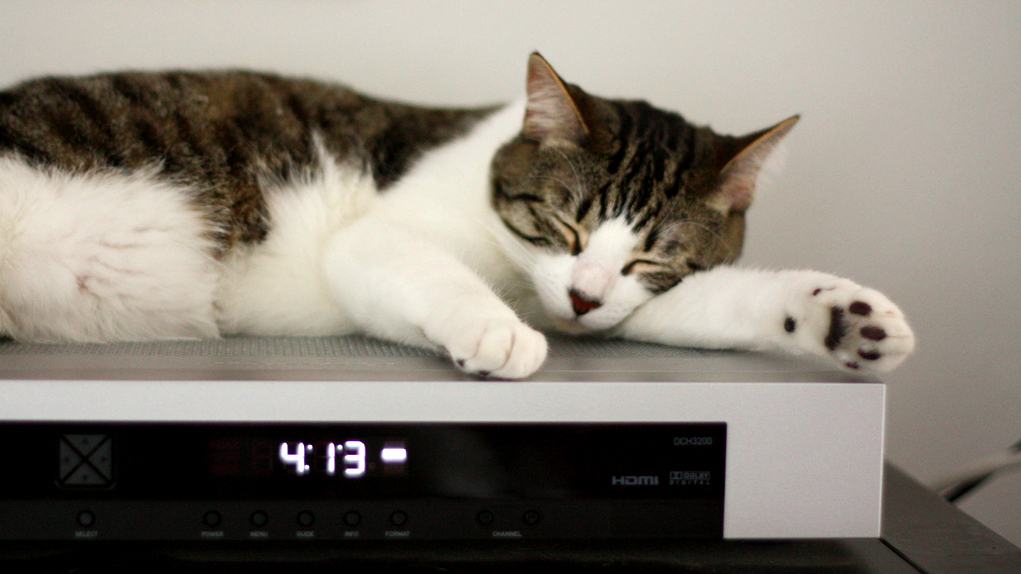
Cable Lobbying Group’s Set-Top Box Plan: App That Doesn’t Do The Things You Want
It’s been nearly six months since the FCC first proposed doing something about the cable set-top box market. Since then, the White House and Congress have both had their say about it, while all along the cable industry has been lobbying and complaining incessantly. But behind all that, the FCC and the industry are at least talking to each other to try to hash out what the future could look like. Unfortunately, if industry gets its way, that future could leave a lot of consumers’ favorite features behind their TV providers’ big fat “pay me” gates. [More]

FCC To Phone Companies: Offer Free Robocall Blockers To Customers
Even though the Federal Communications Commission has repeatedly said that wireless and landline phone providers are allowed to offer robocall-blocking services to their customers, some carriers have continued to incorrectly insist — and provide misinformation to consumers — that they simply don’t have the authority to deploy this technology. In an effort to make things clear once and for all, FCC Chair Tom Wheeler has sent letters to these companies that there are no regulatory roadblocks stopping them from helping their customers stop annoying — often illegal — automated and prerecorded robocalls. [More]

FCC Votes To Open Up Super-Speedy Airwaves For Future 5G Wireless Broadband
Boy, the future sounds great… at least according to the Federal Communications Commission. From medicine to manufacturing and music, the future’s got a level of autonomy and connected convenience that makes Star Trek look downright pedestrian. And it’s all down to policy that lets tech develop, of course — and so the FCC this morning voted unanimously to take the first step to open up new ultra-fast, super-speedy mobile broadband… for whenever it comes. [More]
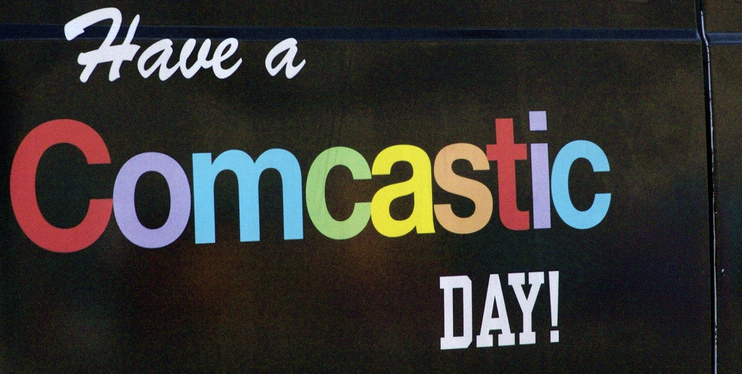
Comcast: FCC’s Set-Top Box Proposal’s Impossible. FCC: Nuh-Uh. Who’s Right?
The FCC’s got a proposal in the works right now that Comcast doesn’t like. This is not a shock; Comcast has generally not liked any headlining proposals from the FCC in recent years. Some of the cable giant’s complaints are undoubtedly just sound and noise, signifying nothing other than “we like profit, don’t screw with our thing.” But maybe some of its technological complaints have merit. [More]
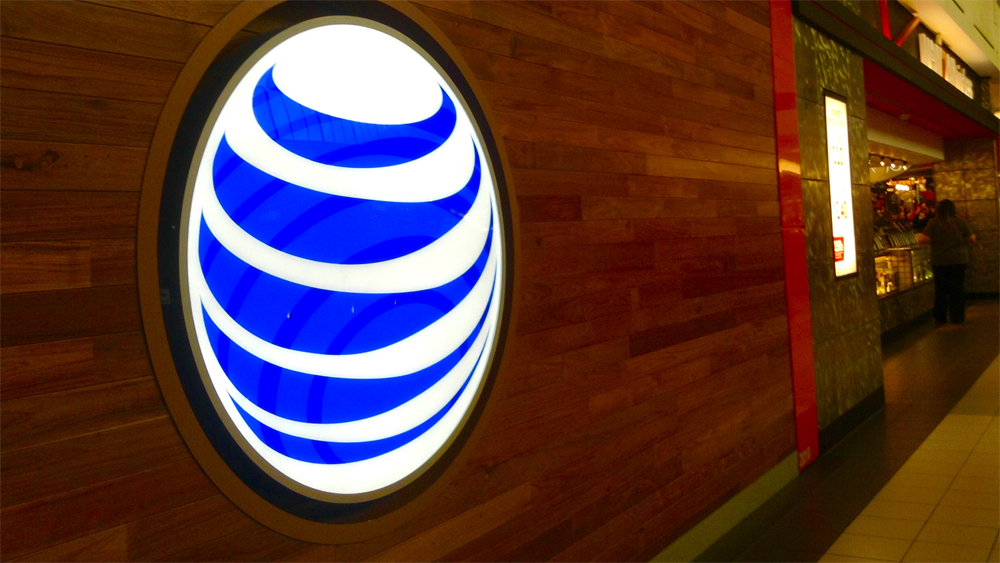
AT&T Says It Hates Robocalls Too; Still Not Giving Most Customers A Way To Block Them
AT&T CEO Randall “Dandy Randy” Stephenson has inaccurately claimed that his company can’t proactively block robocalls because it first needs permission from the FCC, and AT&T employees have more than a dozen different — sometimes bizarre — explanations for why the telecom giant has done nothing to rein in these unwanted, pre-recorded and auto-dialed calls. Now AT&T is claiming it is “working hard” to solve the problem, but that hard work does not involve providing a method for most customers to actually block these unwanted calls. [More]
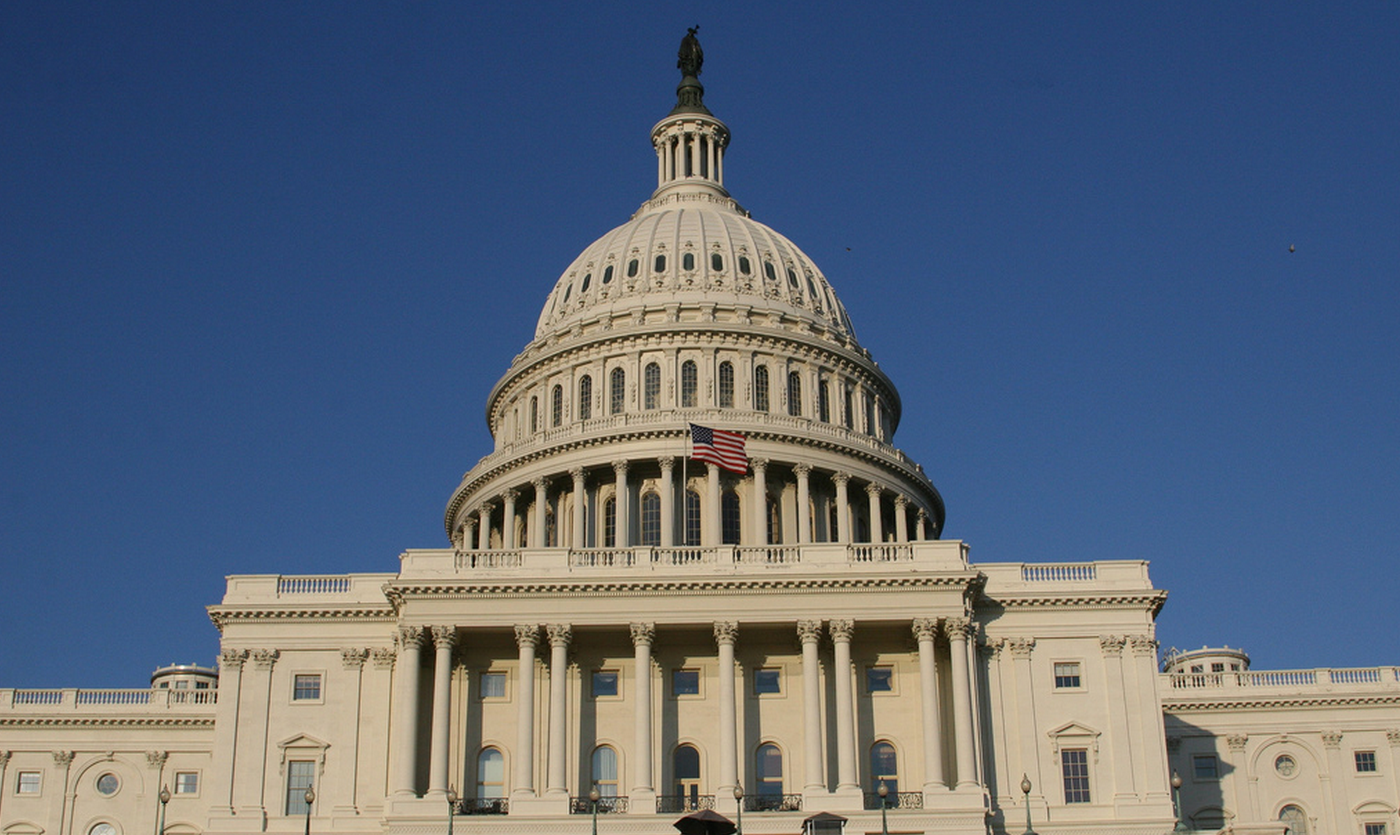
FCC Confirms: Entire U.S. Government Allowed To Place Annoying Robocalls
Last fall, Congress passed — and the President signed — an emergency budget bill that opened up a loophole that allows federal agencies, and private companies working on the government’s behalf, to make debt collection robocalls. However, a recently released ruling from the Federal Communications Commissions makes it clear that the entire U.S. government is exempt from rules limiting the use of robocalls to American consumers, so long at it involves government business. [More]

14 Excuses AT&T Gave Customers For Not Blocking Robocalls
A few weeks back, AT&T CEO Randall Stephenson inaccurately claimed that his company can’t offer free robocall-blocking technology because it needs permission from the FCC first. With that explanation debunked, a number of AT&T customers tried to give Darth Randy their permission to install these call-blocking services. As you might expect, the responses from AT&T were a mixed bag of fictions and excuses. [More]
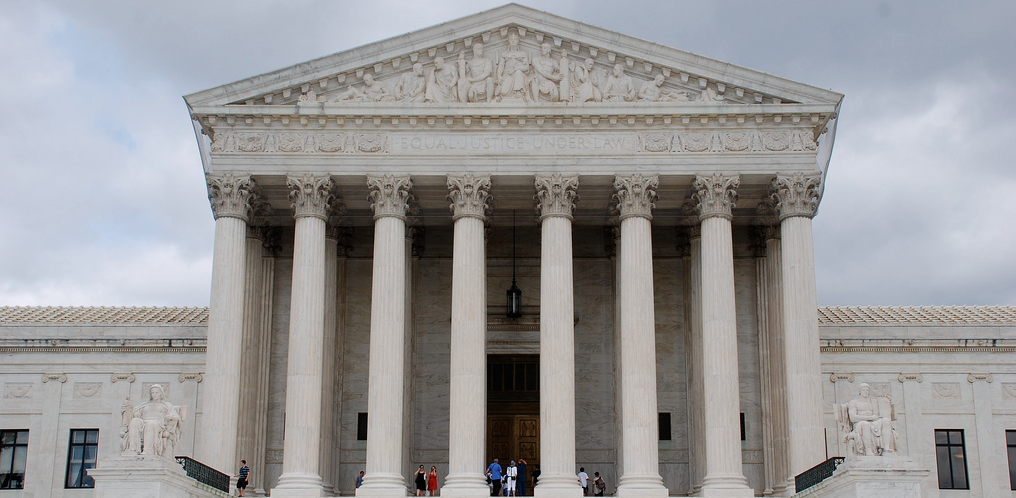
Net Neutrality Survives For Today, But The Legal Battle Is Far From Over
The metaphorical ink on today’s mammoth 184-page ruling upholding net neutrality was barely even dry before everyone with a stake in the matter came out swinging with statements. And while the decision earned praise from consumer advocates and some lawmakers, the telecom industry has vowed to continue the fight. [More]



